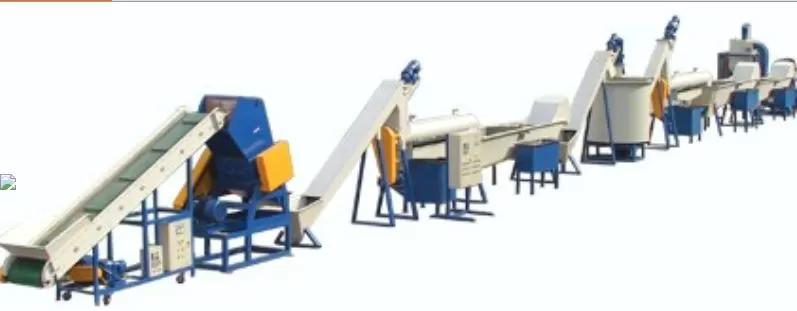Plastic pollution is a growing crisis that demands effective solutions. Big data analysis offers new opportunities for plastic recycling. By analyzing vast amounts of data, we can optimize recycling processes and improve efficiency. In this post, I will explore how big data can be applied to plastic recycling and how it can drive sustainable development.

Let’s dive into this exciting topic together.
What Role Does Big Data Play in Plastic Recycling?
Big data helps us understand the current state of plastic recycling. By collecting and analyzing relevant data, we can identify issues in the recycling process. This insight allows us to develop more effective strategies to increase overall recycling rates.
How Do We Collect and Analyze Plastic Recycling Data?
There are various ways to collect plastic recycling data. We can gather information through sensors, monitoring systems, and social media. Analyzing this data reveals key factors such as consumer behavior and recycling equipment efficiency. This process provides us with valuable insights.
How Does Big Data Improve Recycling Efficiency?
Through big data analysis, we can optimize recycling routes and reduce transportation costs. This not only improves resource utilization but also decreases carbon emissions. Using data to predict recycling volumes helps companies better allocate their resources.
Real-Life Examples: Successful Applications of Big Data in Plastic Recycling?
Many companies are beginning to leverage big data to enhance plastic recycling outcomes. For instance, some businesses have identified key recycling points through data analysis, significantly improving their recycling rates. These success stories serve as valuable lessons for others.
How Does Big Data Change Consumer Behavior?
Big data analysis helps us understand consumer attitudes toward plastic recycling. By analyzing consumer habits, we can develop more effective outreach strategies to encourage participation in recycling efforts. Engaging consumers is crucial for recycling success.
How Can Big Data Improve Policy Making?
Policymakers can also utilize big data to create more effective recycling policies. By analyzing data, they can assess the effectiveness of recycling programs and make necessary adjustments. This makes policies more scientific and actionable.
What Is the Future Impact of Big Data on the Plastic Recycling Industry?
Looking ahead, big data will continue to drive innovation in the plastic recycling industry. As technology advances, we will be able to analyze and utilize data more effectively. Future recycling processes are expected to become smarter and more automated.
How Can We Overcome the Challenges of Big Data Analysis?
Despite the advantages of big data analysis, challenges remain. Data accuracy and completeness are crucial. Companies must invest resources to ensure data quality. Additionally, data privacy and security are also significant considerations.
Conclusion
In plastic recycling, big data analysis presents tremendous potential. By effectively utilizing data, we can optimize recycling processes and promote sustainable development. If you’re interested in this topic, feel free to reach out!
